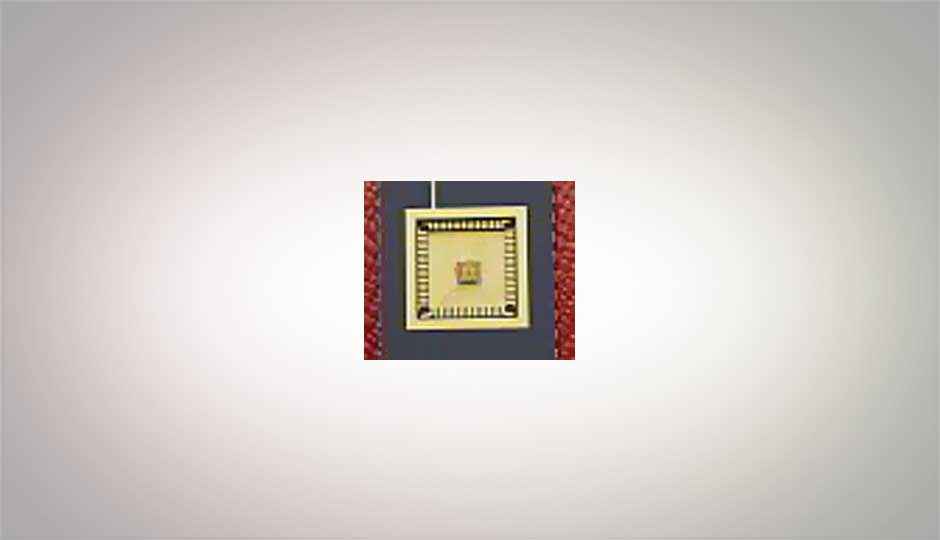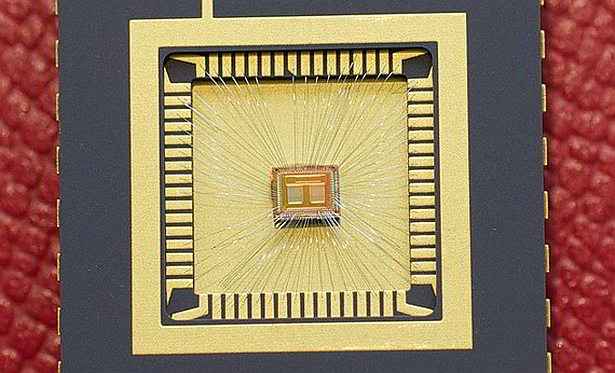IBM researchers develop ‘instantaneous’ multi-bit phase change memory

We just saw phase change semiconductor materials being used to develop memflector-based processors that can compute and store information simultaneously. Now IBM Research – Zurich has announced a new type of inexpensive and reliable universal non-volatile memory, called phase change memory (PCM). Shattering records, it supposedly reads and writes 100 times faster than conventional flash-based memory with a latency of 10 microseconds, and is also several of orders of magnitude more reliable, with 10 million estimated write-cycles.
Surprisingly, the technology behind phase change memory is not expensive, and can be commercially used for a variety of devices requiring storage and memory, from servers to tablets. It’s not going to be hitting markets very soon, with IBM stating the technology would enable “a paradigm shift for enterprise IT and storage systems, including cloud computing by 2016.”
[RELATED_ARTICLE]
IBM’s phase-change memory is built using cells created from a special alloy, which can be electrically controlled into different physical states – crystalline with low resistance properties, amorphous with high resistance properties. Each alloy cell is capable of storing four data bits using different resistance levels, making it the first multi-bit phase-change memory with reliable retention – only single bit PCM was capable of this earlier.
To be able to demonstrate the reliable read-out of data bits, IBM researchers had to counter resistance drift, and used an advanced modulation coding technique that is “inherently drift-tolerant.” They were able to long-term retention of bits stored in a sub-array of 200,000 cells of their PCM test chip, fabricated in 90-nanometer CMOS technology.

